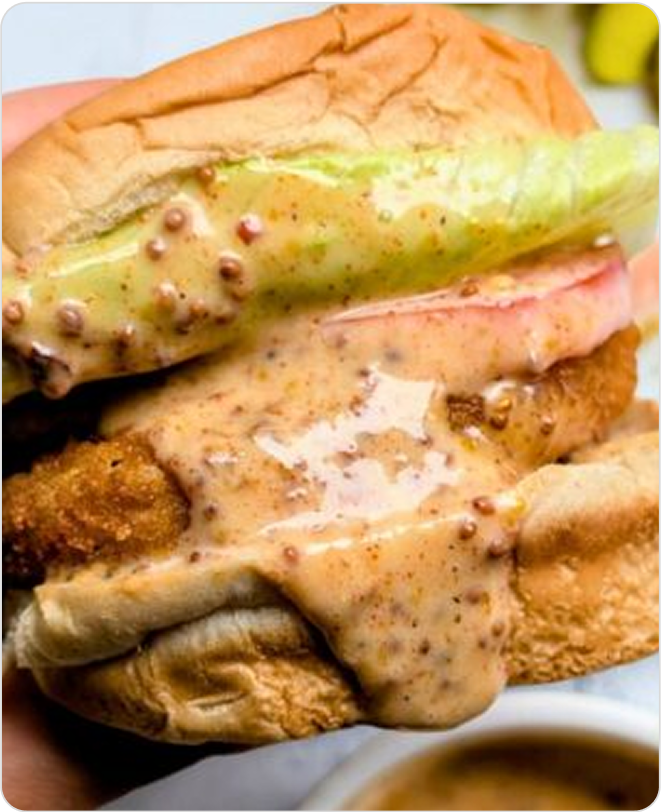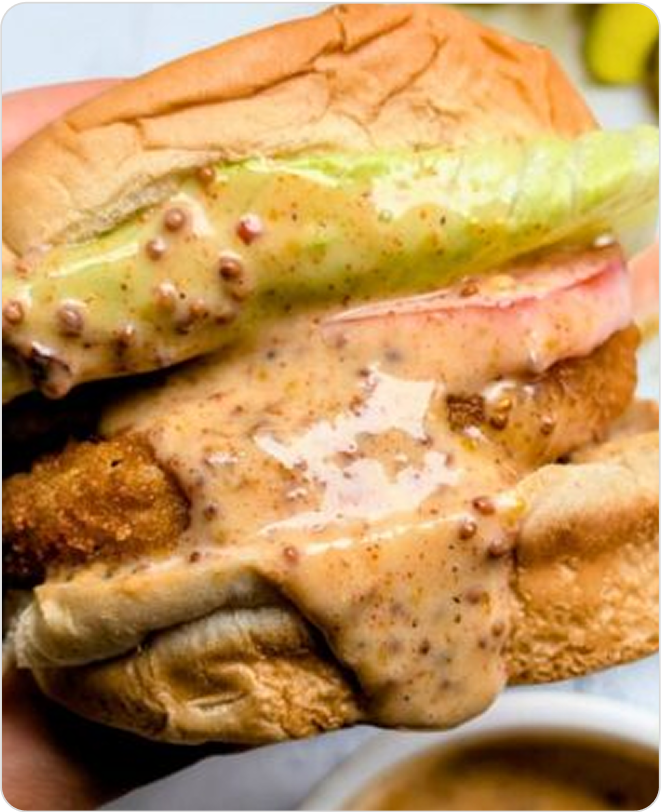Dateline – In restaurant kitchens from Los Angeles to Atlanta, the allure of West African cuisine is stepping into the national spotlight. Food enthusiasts around the country are not only seeking out these savory, spice-driven dishes in upscale eateries, they’re also recreating them at home in myriad ways—jollof rice “meal preps,” suya-inspired grilled chicken, and tangy tomato-pepper stews that bridge culinary heritage with modern American tastes.
A Growing Presence
The popularity of West African flavors has grown in tandem with America’s renewed interest in global cuisines. Jollof rice, once a closely guarded specialty in Nigerian and Ghanaian households, now finds its way onto potluck tables, campus cooking classes, and even social media, where debates about which country’s version reigns supreme have ignited playful “Jollof Wars.” Across the diaspora, families and young professionals alike report rediscovering deep cultural pride in their ancestral foods.
Food, Culture, and Community
Behind these bold flavors lies a tradition of communal dining—an aspect that resonates with many Americans craving a sense of togetherness. West African meals often begin with fresh produce, hearty grains, and aromatic spices. Cassava, yams, plantains, and local greens merge with an array of peppers and onions, resulting in dishes both deeply familiar (comforting like Southern soul food) yet thrillingly new to those unaccustomed to the region’s tastes.
“There’s a certain soulfulness to West African cuisine,” said a college student who has been experimenting with new recipes in her dorm kitchen. “It reminds me of home cooking, but with a spicy twist.” For health-conscious shoppers browsing grocery aisles in yoga pants, many West African dishes are naturally gluten-free, plant-forward, and rich in vitamins—an enticing incentive to add a dash of cultural variety to their daily routines.
The Role of Faida Foods
Riding the crest of this gastronomic wave is Faida Foods with its flagship offering, Faida’s Original Sauce. Drawing inspiration from West African spice profiles, the sauce seamlessly fits into American dining habits—drizzled over roasted vegetables, stirred into leftover rice, or swirled into a pot of soup. And soon, Faida’s eagerly anticipated Hot Sauce is set to enter the market, challenging Sriracha by offering a healthier, more nuanced flavor that merges African heat with everyday convenience.
By providing a gateway to African-inspired cuisine, Faida Foods empowers those seeking a taste of West Africa without wrestling with multiple spice jars. Whether you’re a diaspora family eager to reclaim cultural dishes, a college student on a budget, or an influencer hosting a must-watch cooking demo, Faida Foods offers an easy entrée into the vibrant world of West African flavors.
Looking Ahead
As restaurants continue to adopt, adapt, and celebrate West African cooking, the cuisine’s footprint in the U.S. looks poised to expand further. Recent culinary events in major cities have spotlighted chefs from Nigeria, Ghana, and Senegal, each bringing modern twists to time-honored dishes. In many ways, this era of burgeoning interest in West African fare represents more than just a trend—it stands as a reclamation of heritage, an intersection of food and identity that stirs both nostalgia and excitement.
References
- The New York Times coverage on global food trends, 2020-2023
- CNN Travel’s “Jollof Wars” features, 2021
- Ebony archival pieces on African-American culinary heritage, 2017









